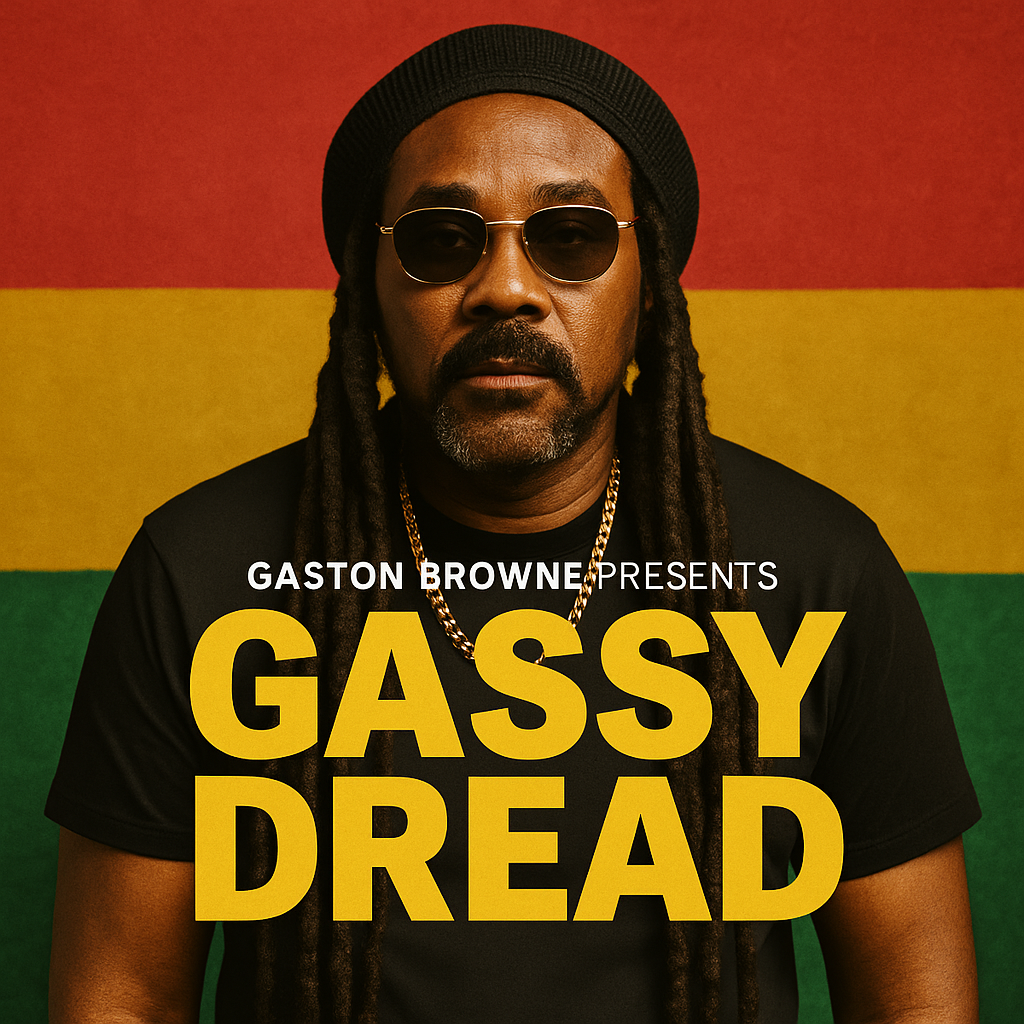The Eurovision Song Contest captivates a massive audience each year, with the 2022 edition drawing around 163 million viewers. This staggering number equates to a multitude of opinions on what constitutes an ideal contestant. Should one opt for a heartfelt ballad that evokes emotions of love and peace, or indulge in a flashy performance replete with extravagant costumes and high-energy effects that energize audiences at home?
**Understanding the Perfect Composition**
Experts, including Joe Bennett, a forensic musicologist from Boston's Berklee College of Music, have identified two prevailing musical styles among Eurovision entries. The first is the “Euro-banger,” characterized by rapid tempos (120+ BPM) and robust electronic production, exemplified by Sweden's earlier winners like Euphoria and Heroes. The second style features slower, poignant ballads, typically around 70 BPM, with successful examples including Amar Pelos Dois from Portugal and Arcade from the Netherlands.
The general perception that Eurovision songs mainly revolve around themes of love and unity holds partial truth, according to Bennett. He asserts that songs often revolve around one of six predominant themes: love, unity, self-assertion, partying, historical references, and meta-music. Notably, anthems centered on empowerment, like Conchita Wurst's Rise Like a Phoenix, markedly resonate with audiences.
**The Art of Staging**
When it comes to performance, both Bennett and songwriter Thomas Stengaard emphasize the importance of simplicity in stage design. Stengaard attributes Denmark’s 2013 win, Only Teardrops, partly to its straightforward staging, which remains memorable. Vocal coach Carrie Grant echoes this sentiment, warning against overcomplicated staging when the performance cannot match the visual spectacle. She highlights how Conchita Wurst's victory in 2014 stemmed from her powerful vocal abilities rather than elaborate visual effects.
**Keys to Success**
The shift toward minor-key compositions has become apparent, with 85% of Eurovision finalists in 2023 utilizing minor keys, imparting emotional depth to the music. This trend counters the antiquated notion that major keys create happiness. According to Professor Elizabeth Hellmuth Margulis, listener associations between songs and their contexts play a crucial role in audience reception.
**Creating Catchy Tunes**
Margulis emphasizes the necessity of memorable and catchy melodies while suggesting that a surprise element can elevate a song’s appeal. For example, Bucks Fizz's iconic 1981 performance combined a key change with a memorable costume transformation. Bennett notes the enduring need for captivating choruses, reinforcing the idea that an accessible melody is paramount for Eurovision success.
As acts prepare for future competitions, the songwriter for the UK entry, Remember Monday, aims for a major-key approach to stand out amidst the dominance of minor keys. With an array of tempo shifts and unexpected changes, the song embodies the ongoing quest to make a noteworthy impact in an arena brimming with talent and creativity.
As anticipation builds for the next Eurovision performance, the blending of simplicity, emotional resonance, and captivating surprise elements could spell the difference between a fleeting memory and a long-remembered triumph.
**Understanding the Perfect Composition**
Experts, including Joe Bennett, a forensic musicologist from Boston's Berklee College of Music, have identified two prevailing musical styles among Eurovision entries. The first is the “Euro-banger,” characterized by rapid tempos (120+ BPM) and robust electronic production, exemplified by Sweden's earlier winners like Euphoria and Heroes. The second style features slower, poignant ballads, typically around 70 BPM, with successful examples including Amar Pelos Dois from Portugal and Arcade from the Netherlands.
The general perception that Eurovision songs mainly revolve around themes of love and unity holds partial truth, according to Bennett. He asserts that songs often revolve around one of six predominant themes: love, unity, self-assertion, partying, historical references, and meta-music. Notably, anthems centered on empowerment, like Conchita Wurst's Rise Like a Phoenix, markedly resonate with audiences.
**The Art of Staging**
When it comes to performance, both Bennett and songwriter Thomas Stengaard emphasize the importance of simplicity in stage design. Stengaard attributes Denmark’s 2013 win, Only Teardrops, partly to its straightforward staging, which remains memorable. Vocal coach Carrie Grant echoes this sentiment, warning against overcomplicated staging when the performance cannot match the visual spectacle. She highlights how Conchita Wurst's victory in 2014 stemmed from her powerful vocal abilities rather than elaborate visual effects.
**Keys to Success**
The shift toward minor-key compositions has become apparent, with 85% of Eurovision finalists in 2023 utilizing minor keys, imparting emotional depth to the music. This trend counters the antiquated notion that major keys create happiness. According to Professor Elizabeth Hellmuth Margulis, listener associations between songs and their contexts play a crucial role in audience reception.
**Creating Catchy Tunes**
Margulis emphasizes the necessity of memorable and catchy melodies while suggesting that a surprise element can elevate a song’s appeal. For example, Bucks Fizz's iconic 1981 performance combined a key change with a memorable costume transformation. Bennett notes the enduring need for captivating choruses, reinforcing the idea that an accessible melody is paramount for Eurovision success.
As acts prepare for future competitions, the songwriter for the UK entry, Remember Monday, aims for a major-key approach to stand out amidst the dominance of minor keys. With an array of tempo shifts and unexpected changes, the song embodies the ongoing quest to make a noteworthy impact in an arena brimming with talent and creativity.
As anticipation builds for the next Eurovision performance, the blending of simplicity, emotional resonance, and captivating surprise elements could spell the difference between a fleeting memory and a long-remembered triumph.






















